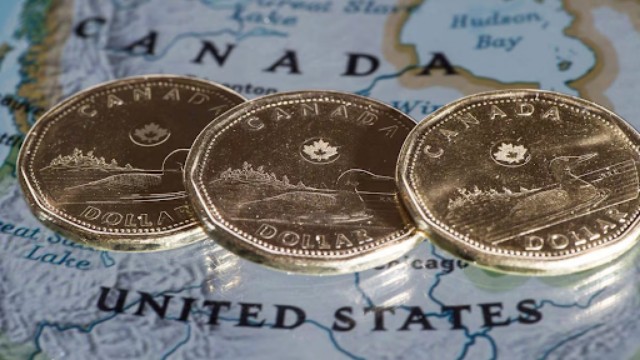
Trump’s trade war brings a new challenge to the 2025 election debate on affordability.
The rising cost of living has been a major issue for Canadians, and with the federal election on the horizon, political parties have been working to address it. However, former U.S. President Donald Trump’s return to office in January has introduced a new concern—his aggressive trade war and controversial remarks about Canada’s sovereignty.
For years, Canadians have struggled with inflation and high interest rates, which have made everyday expenses harder to manage. In response, political parties have offered different solutions. The Liberal government introduced temporary tax breaks on essential goods, the Conservatives promised broad tax cuts, and the NDP blamed corporate greed for financial struggles. But with Trump’s policies back in play, the conversation has shifted.
Trump’s Trade War Sparks New Concerns
In early March, a Leger poll revealed that 28% of Canadians now see Trump’s tariffs and trade policies as their top concern, surpassing inflation at 21%. This is a significant change, as affordability has consistently been the dominant issue in Canadian politics since 2022.
Sébastien Dallaire, executive vice president at Leger, noted that while affordability remains critical, the trade war is adding to the anxiety. “This economic uncertainty is piling onto what was already a major issue for Canadians,” he said.
Before Trump escalated trade tensions, Canada’s inflation rate had been stable within the Bank of Canada’s target range of 1% to 3% for over a year. This stability had allowed interest rates to drop, giving consumers hope. But with tariffs now threatening Canadian exports and increasing costs on U.S. imports, the economic outlook has changed.
Economic Fallout and Potential Recession
Economists warn that Trump’s tariffs could have serious consequences for Canada. Randall Bartlett, deputy chief economist at Desjardins Group, initially expected 2025 to be a strong economic year. But if the trade war drags on, he predicts rising unemployment and higher prices for goods affected by trade barriers.
Desjardins analysts suggest that if tariffs persist, Canada could enter a recession as early as the second quarter of 2025. The weakening Canadian dollar will only worsen the situation, making imports more expensive and putting more pressure on household budgets.
How Will Canadians Respond?
For now, many Canadians support imposing retaliatory tariffs on U.S. goods. However, that sentiment could shift once people feel the financial impact of these measures. Bartlett believes that the initial wave of patriotism might fade as economic struggles deepen.
Meanwhile, political leaders face a dual challenge: convincing voters they can handle Trump’s aggressive policies while also ensuring Canadians get through the economic turbulence.
“It’s not just about trying to change Trump’s mind,” Dallaire said. “It’s about finding ways to protect Canadians from the fallout.”
As the election campaign heats up, affordability remains a pressing issue, but Trump’s trade war has forced it into a new, unpredictable phase.















